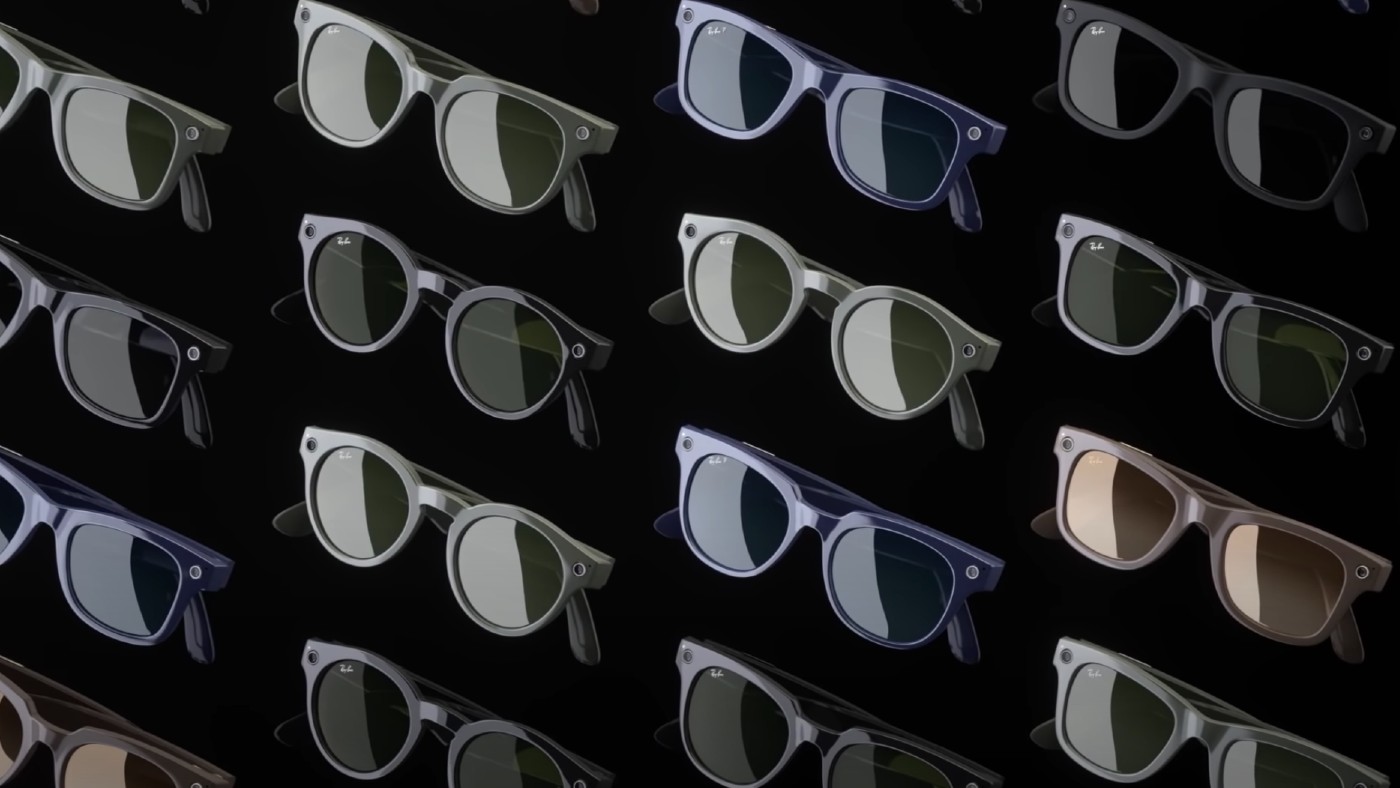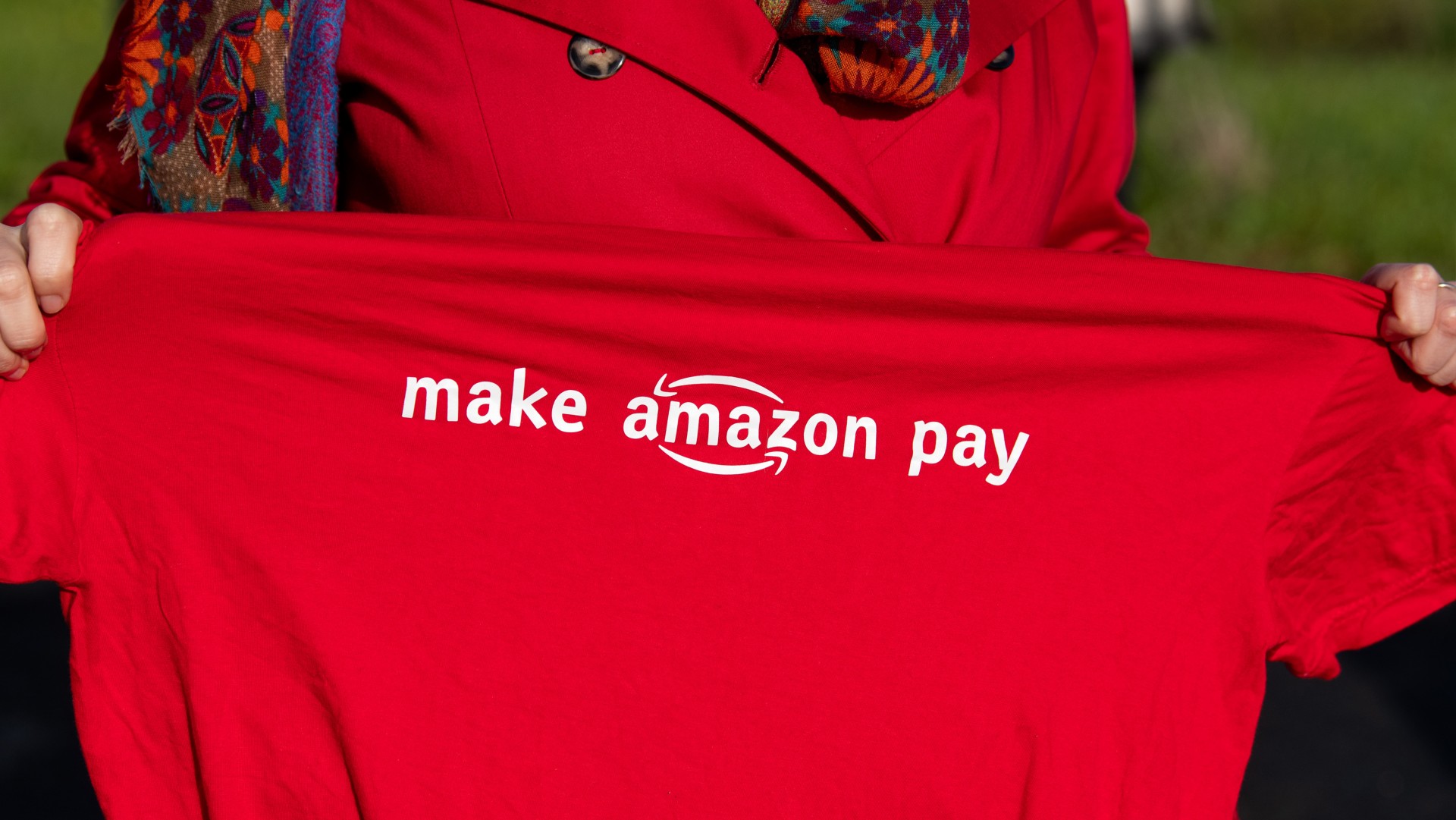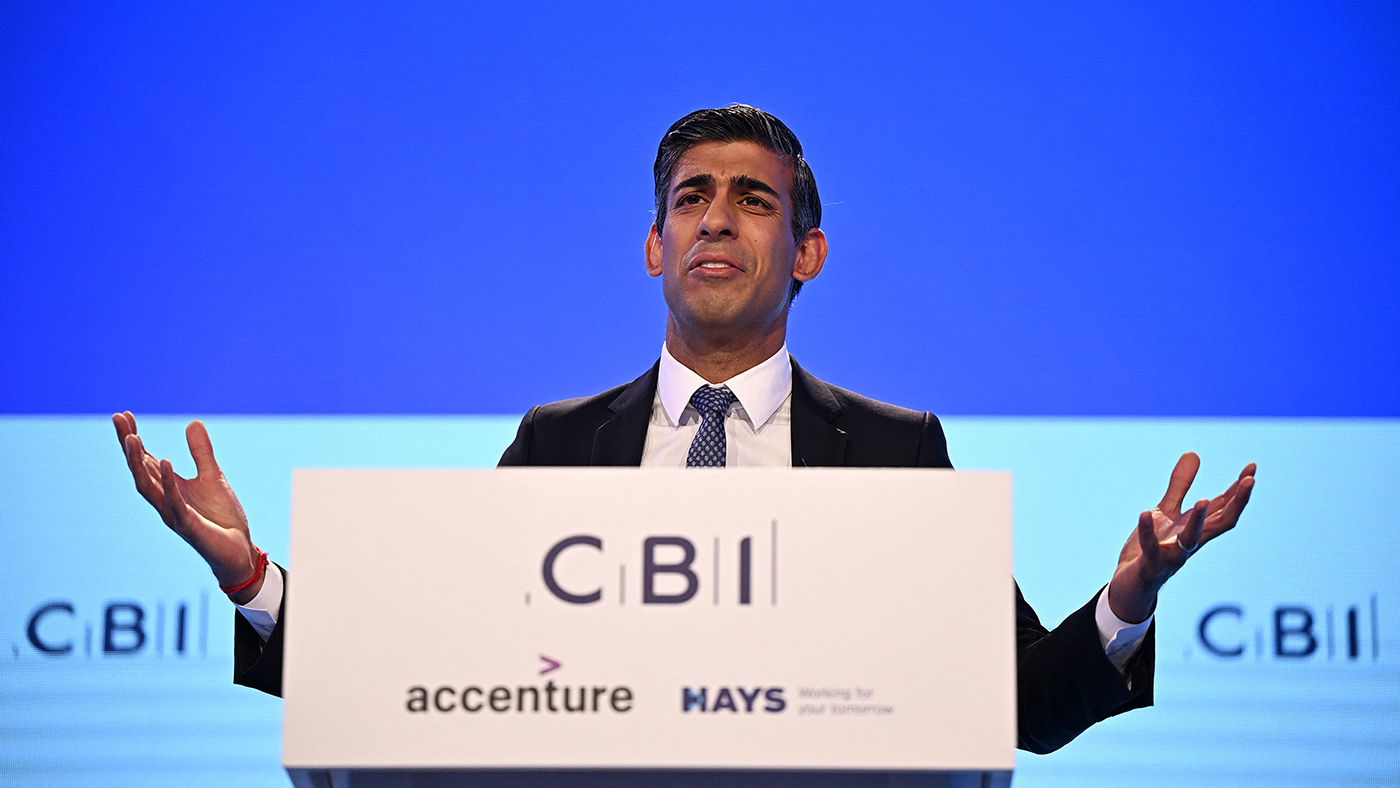Specs appeal: will privacy concerns hit Facebook smart glasses sales?
Tech giant has partnered with Ray-Ban to launch internet-connected eyewear

A free daily email with the biggest news stories of the day – and the best features from TheWeek.com
You are now subscribed
Your newsletter sign-up was successful
Amid soaring demand for wearable devices such as smartwatches and wireless earbuds, technology is now “an integral part of the modern wardrobe”, said Rick Kowalski of the Consumer Technology Association (CTA).
According to a report by the US trade body, retail sales revenue for the US tech industry will reach a record-breaking $487bn (£352.6bn) in 2021 - a year-on-year increase of 7.5% that has been powered by “unprecedented consumer demand for tech related to work, school and lifestyle”.
Smartwatches, wireless earbuds and fitness trackers are three of the most popular items driving revenues for tech firms, but there’s one device that the mass market is yet to focus on: smart glasses.
The Week
Escape your echo chamber. Get the facts behind the news, plus analysis from multiple perspectives.

Sign up for The Week's Free Newsletters
From our morning news briefing to a weekly Good News Newsletter, get the best of The Week delivered directly to your inbox.
From our morning news briefing to a weekly Good News Newsletter, get the best of The Week delivered directly to your inbox.
Seven years after the “ill-fated” Google Glass, and five years after Snap rolled out Spectacles, Facebook is the latest tech giant “trying its hand at internet-connected smart glasses”, said euronews.

What are Ray-Ban Stories?
Launched last week, the first-generation “Ray-Ban Stories” smart glasses are the first product in a multi-year partnership between Facebook and Ray-Ban parent company EssilorLuxottica. Starting at $299/£299, the hi-tech specs come in 20 style combinations and will be available at select retail stores in the US, UK, Australia, Canada, Ireland and Italy.
Featuring dual integrated 5MP cameras, the frames allow wearers to capture photos and video, listen to music or take phone calls. And “most importantly, they look and feel like regular glasses”, said Alex Heath in his review on The Verge. “While they’re limited in what they can do, Ray-Ban Stories are the most normal-looking, accessible pair of smart glasses to hit the market so far. Both companies also see them as a step toward more advanced augmented reality glasses that overlay graphics onto the real world.”
A free daily email with the biggest news stories of the day – and the best features from TheWeek.com
Mixing ‘cool with creepy’
In a news release, Facebook said that “from the start, we designed Ray-Ban Stories with privacy in mind”. However, some tech experts have already “thrown shade” at the smart glasses and “raised concerns about privacy implications and Facebook’s handling of user data”, Campaign US reports.
There are also concerns about users taking unsolicited photos of other people in public without their knowledge or consent, euronews added.
Joanna Stern of The Wall St Journal agrees that the Ray-Ban Stories look like classic sunglasses. “That’s what makes them so cool, but also makes them, well, spy glasses.” Mixing “cool with creepy”, the built-in cameras are “hard to spot” and very few people knew she was recording.
Indeed, she added, while the glasses are great for capturing spontaneous, fun moments, “as I found in my week of testing - oh goodness, there’s a gap between what tech is intended for and how it can be used”.
The broader implications of smart glasses are still unknown, said The Verge’s Alex Heath, but they could become a tool for stalking, or make other people feel uncomfortable around wearers. Jeremy Greenberg, counsel for the Future of Privacy Forum, said. “You’re going to have people use this device in unintended ways.”
While “cool and hip” in Ray-Ban’s style, these glasses could “do more harm than good”, Campaign US concluded. “Ad-savvy readers agree: they do not want to be tracked by Facebook - especially on their faces.”
-
 The broken water companies failing England and Wales
The broken water companies failing England and WalesExplainer With rising bills, deteriorating river health and a lack of investment, regulators face an uphill battle to stabilise the industry
-
 A thrilling foodie city in northern Japan
A thrilling foodie city in northern JapanThe Week Recommends The food scene here is ‘unspoilt’ and ‘fun’
-
 Are AI bots conspiring against us?
Are AI bots conspiring against us?Talking Point Moltbook, the AI social network where humans are banned, may be the tip of the iceberg
-
 Is Mark Zuckerberg out of ideas?
Is Mark Zuckerberg out of ideas?Speed Read The subscription service Meta Verified sounds awfully familiar
-
 Britishvolt: how Britain’s bright battery hope was zapped
Britishvolt: how Britain’s bright battery hope was zappedfeature Battery-making startup’s demise ‘has thrown up tales of reckless spending’ and incompetence
-
 How Amazon’s first UK strike could be a sign of things to come
How Amazon’s first UK strike could be a sign of things to comefeature Big Tech is facing increasing pressure from unions as cost-of-living crisis fuels nationwide unrest
-
 Sam Bankman-Fried: the arrest of the disgraced crypto crusader
Sam Bankman-Fried: the arrest of the disgraced crypto crusaderfeature The founder of the failed crypto exchange FTX was arrested on Monday
-
 The UK’s migration ‘surge’ examined
The UK’s migration ‘surge’ examinedfeature 1.1 million people migrated to the UK last year, according to the latest ONS data
-
 Why UK companies are facing a dystopian, zero-growth future
Why UK companies are facing a dystopian, zero-growth futurefeature In prioritising stability, the Treasury risks ‘stifling enterprise and entrepreneurship’
-
 Meta: Zuckerberg's grand bet goes badly wrong
Meta: Zuckerberg's grand bet goes badly wrongfeature
-
 Leaning out: The most powerful woman in tech moves on
Leaning out: The most powerful woman in tech moves onfeature